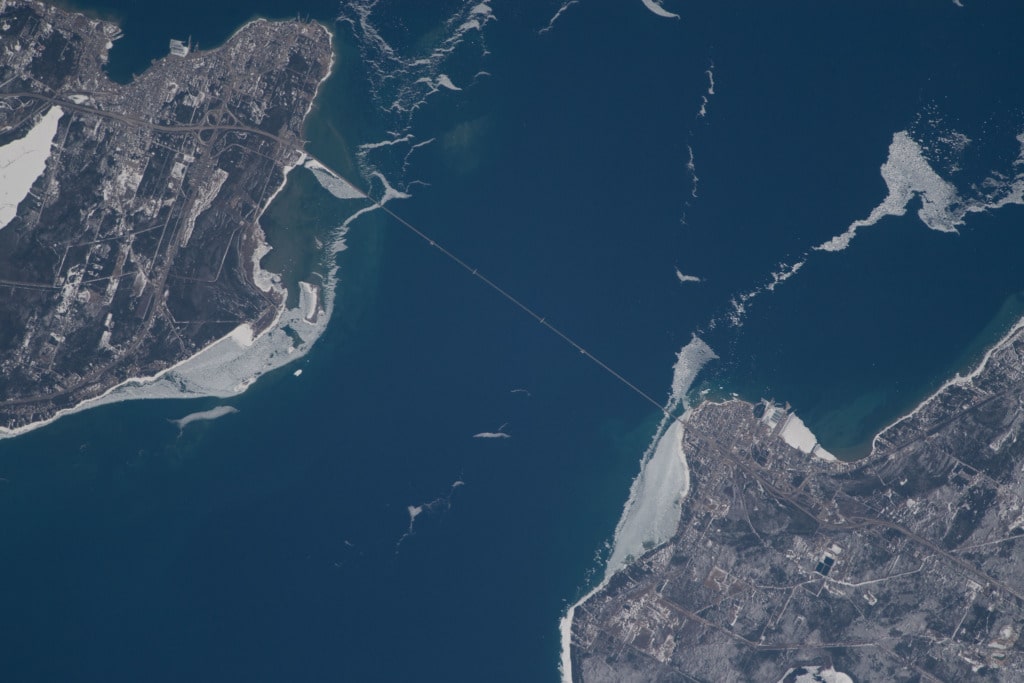Pig-Butchering, Crypto, and Preliminary Injunctions
The US government just announced its largest forfeiture action ever, seeking $15B in Bitcoin from defendants in Cambodia who allegedly swindled victims in the United States and around the world. The indictment alleges a form of fraud known as “pig-butchering,” one of several kinds of crypto-related fraud beginning to generate significant transnational civil litigation in…
Continue ReadingTexas Court Gives Foreign Judgment Broad Res Judicata Effect
Gottwald v. Dominguez de Cano is a not a case that most readers would normally hear of. It is a Texas Court of Appeals decision giving res judicata effect to a Mexican judgment to bar a claim in state court to recover money paid in a Mexican land sale more than a decade ago. But…
Continue ReadingThe New State Capitalism and Foreign Sovereign Immunity
As governments play an increasingly aggressive and direct role in capitalist economic systems (the “new state capitalism”), the line between sovereign and commercial conduct may become more difficult to draw for the purposes of foreign sovereign immunity. For example, Switzerland acted in some ways like a private investment bank when it negotiated a 2023 deal…
Continue ReadingD.C. Circuit Allows Venezuela Expropriation Case to Proceed
On October 3, 2025, the D.C. Circuit issued its latest opinion in Helmerich & Payne International Drilling Co. v. Venezuela. Judge Gregory G. Katsas affirmed the district court’s rulings that the Foreign Sovereign Immunities Act’s (FSIA) expropriation exception allows the plaintiff’s claim, that the district court has personal jurisdiction, and that the act of state…
Continue ReadingSDNY Grants Anti-Suit Injunction Against TV Azteca
For the past several years, parallel litigation has been ongoing in Mexico and the United States between the Mexican media conglomerate TV Azteca, S.A.B. de C.V. and The Bank of New York Mellon (BNY), the Indenture Trustee for a series of TV Azteca’s unsecured notes. Two weeks ago, Judge Paul G. Gardephe (SDNY) granted BNY’s…
Continue ReadingFlorida Judge Sets Aside Historic Helms-Burton Verdict
More big news in the hot new topic in transnational litigation: the Helms-Burton Act. A Florida district court has set aside the historic $120 million jury verdict awarded to a Cuban-American plaintiff against hotel booking services. The judge held that the plaintiffs offered insufficient evidence that the defendants had “knowingly” “traffic[ked]” in confiscated property. Background…
Continue ReadingDOJ Takes Broad View of Foreign Affairs Preemption in Pipeline Case
The Trump Administration has made so many broad assertions of executive power this year that it can be hard to keep track. One such assertion that has not made headlines is found in a statement of interest filed on September 12, 2025, in Enbridge Energy v. Whitmer. At issue is Michigan Governor Gretchen Whitmer’s 2020…
Continue ReadingDistrict Court Denies Saudi Arabia’s Motion to Dismiss 9/11 Claims
On August 28, 2025, Judge George B. Daniels (Southern District of New York) denied the Kingdom of Saudi Arabia’s (KSA) motion to dismiss claims arising from the 9/11 terrorist attacks. In In re Terrorist Attacks on September 11, 2001, Judge Daniels concluded that the plaintiffs had presented sufficient evidence to establish an exception to KSA’s…
Continue ReadingHavlish v. Taliban—Second Circuit Affirms that Afghanistan Central Bank Assets are Immune from Attachment
The Second Circuit has finally decided whether frozen Afghan central bank assets can be attached or turned over to satisfy judgments against the Taliban for acts of terrorism against U.S. citizens. The court answered “no” in Havlish v. Taliban over one partial dissent. The case presents complex and important issues, and although both the majority…
Continue ReadingTrademark Infringement and Exports after Abitron
Two years ago, in Abitron Austria GmbH v. Hetronic International, Inc. (2023), the Supreme Court applied the presumption against extraterritoriality to the federal trademark statute (the Lanham Act), holding that the Act applies only to domestic conduct. Abitron involved imports. Products bearing an infringing trademark were made abroad, some of which were sold, directly or…
Continue Reading







